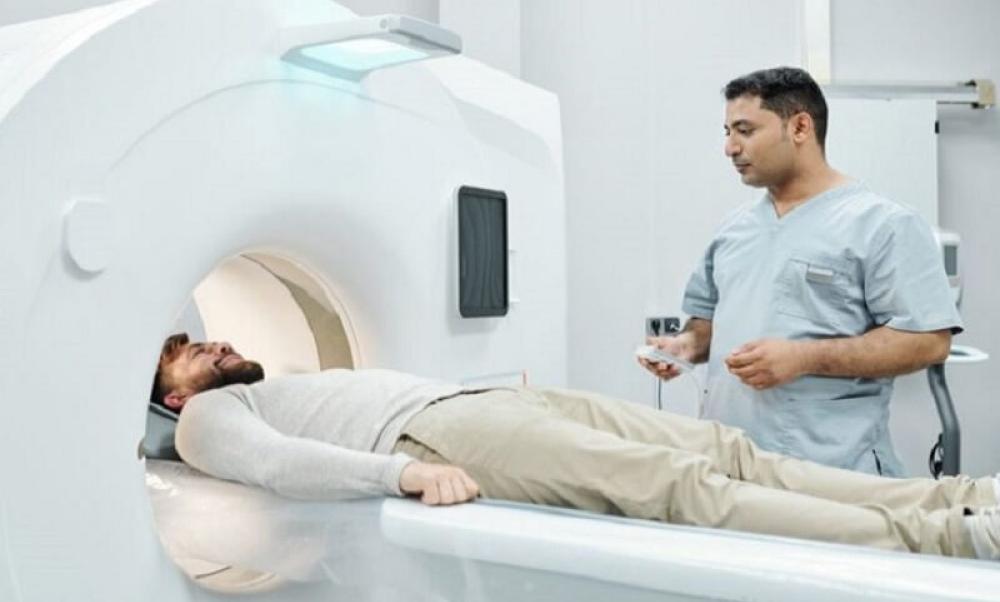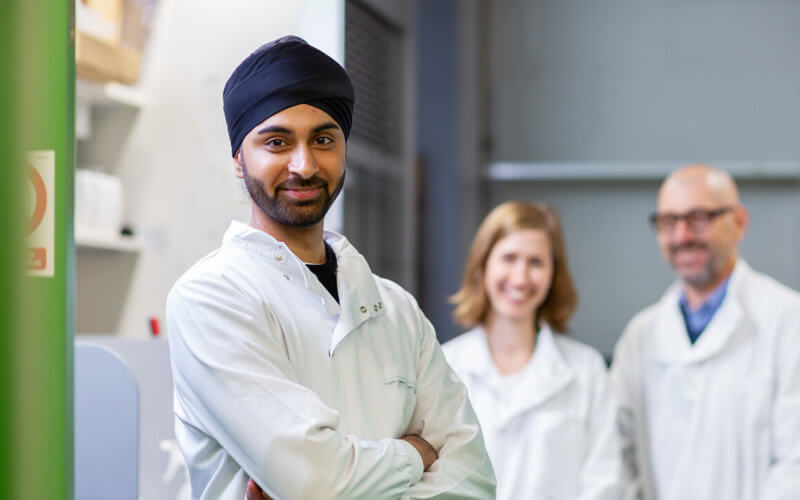Cancer MSc
London, Bloomsbury
This is the programme information for 2025 entry
If you require details of the previous year's programme, Cancer MSc (2024), click here
Study mode
Full-time
UK tuition fees (2025/26)
£20,500
Overseas tuition fees (2025/26)
£39,800
Duration
1 calendar year
Programme starts
September 2025
Applications accepted
Applicants who require a visa:
14 Oct 2024 –
04 Apr 2025
Applications close at 5pm UK time
Applications open
Applicants who do not require a visa:
14 Oct 2024 –
29 Aug 2025
Applications close at 5pm UK time
Applications open
UCL is regulated by the Office for Students.




